You don’t need to stare at a calendar for long to notice publishers keep insisting on producing games as a service.
The First Descendant’s launch on June 30 was just the first of many upcoming live-service shooters. And if that game is anything to go by, publishers will be reminded once again that math is undefeated.
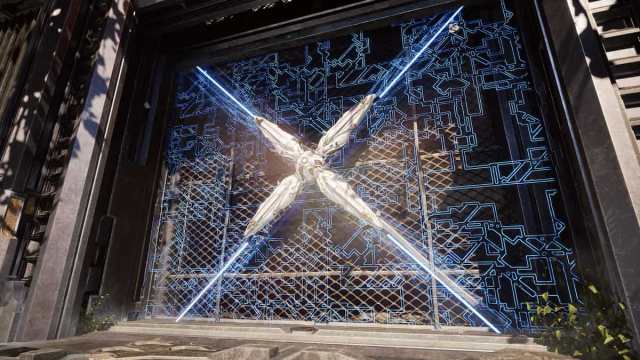
Remember when we were convinced that the intergalactic flop that was Anthem would serve as a beam of enlightenment that would once and for all teach gaming companies that simply making their games a live service won’t put dollars in their pockets? That was more than five years ago and here we stand, with yet another set of live-service shooters desperately fighting for a small piece of the pie when there are barely any crumbs left.
Splitgate 2, Deadlock, Concord, The First Descendant, Spectre Divide, Marvel Rivals, Arena Breakout: Infinite, and Delta Force are all live-service multiplayer shooters that are either confirmed or expected to launch before the end of 2025. That’s more than half a dozen games being released in an 18-month span, all fighting for the attention of more or less the same target audience.
That’s a volatile environment in and of itself, and we’re yet to mention the gigantic elephant in the room—the numerous established live-service shooters that are engaging millions of players on a daily basis. Fortnite, PUBG, Call of Duty, Counter-Strike, VALORANT, Overwatch, Apex Legends, Destiny, Rainbow Six—there are so many live-service titles that have covered so much ground in what you can feasibly do with a competitive shooter that it’s not just a challenge to break through at this point, it’s nearly impossible.
We do not wish failure on any game—that would be needlessly malicious and plain stupid. More successful games mean more people get to enjoy gaming. There are, however, a limited number of players out there, regardless of what publisher pitch meetings might claim. Math is undefeated, no one can play everything, and slightly tweaking formulas that have been around for years doesn’t sound like a recipe for success.
We’re already seeing the latest wave of live-service shooters failing, and we’ve barely taken off. The First Descendant lost half its player base within a month of its release and is currently sitting on Mixed reviews on Steam. Concord is next in line, and its incredibly obvious inspirations don’t give Overwatch players much incentive to abandon it for the new thing.
Splitgate’s portals were enough to warrant a sequel, Spectre Divide’s dual body controls might be able to do the same, but both look and feel so similar to Fortnite and VALORANT, respectively, that unless you’re totally enamored by that one unique gimmick, there’s no reason to jump ship.
A new live-service multiplayer shooter would need to be super innovative and well-polished to stand any chance of making a long-term mark, which leaves us wondering why publishers keep insisting on this formula. Well, we do know why—because being a successful live service is incredibly lucrative. But that’s only if you are successful. Most live services don’t get to that point, and that will always be the case as long as publishers keep pumping them out at the rate they are.



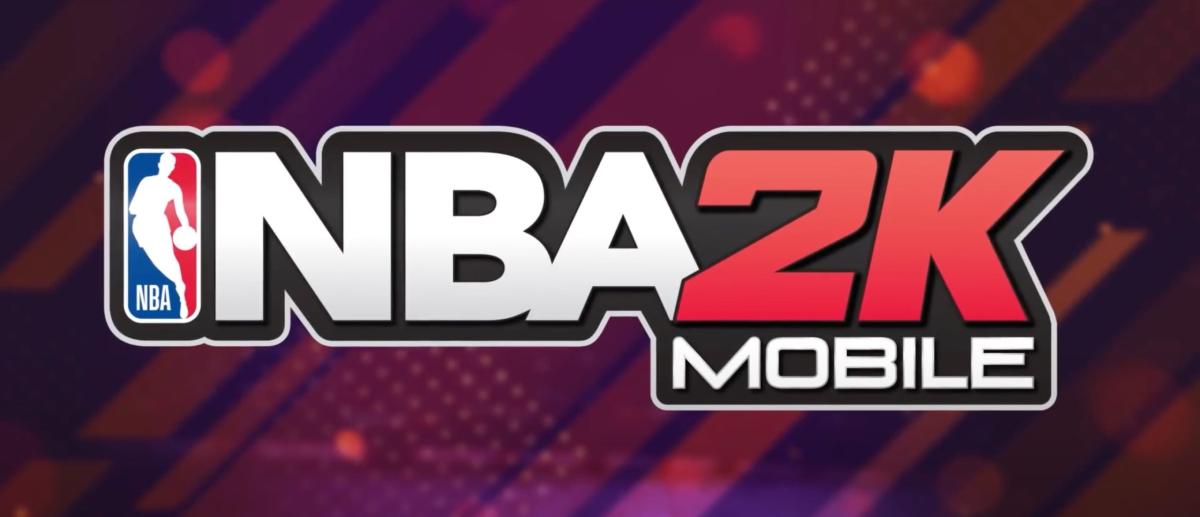
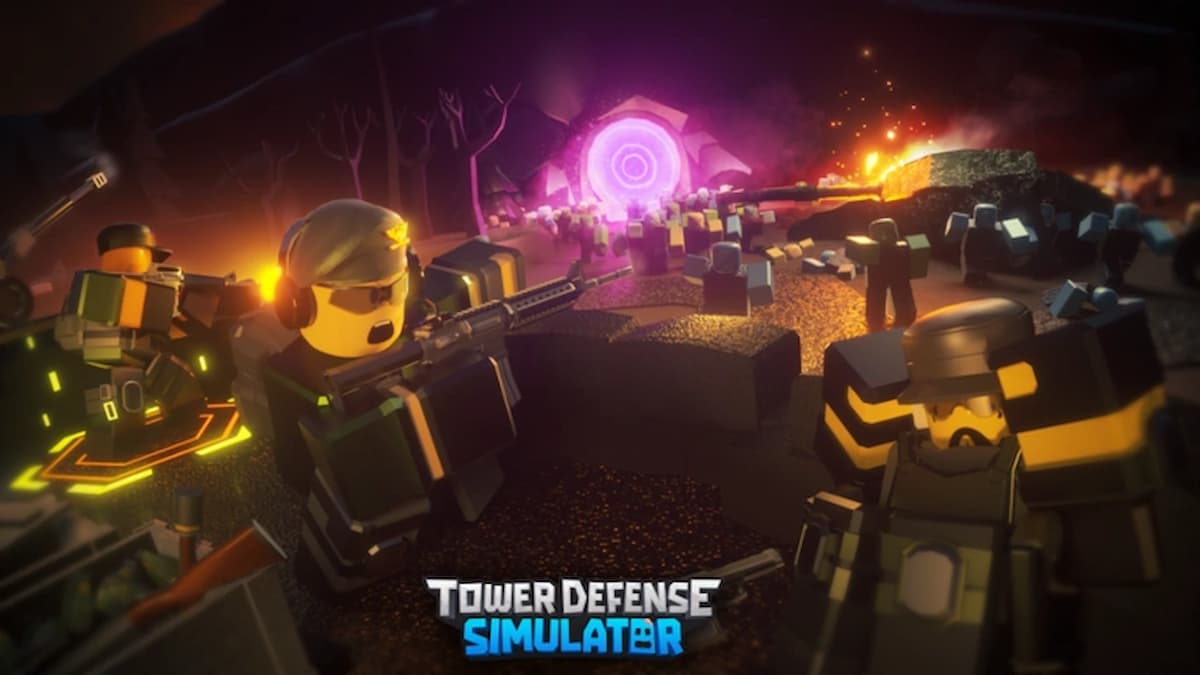
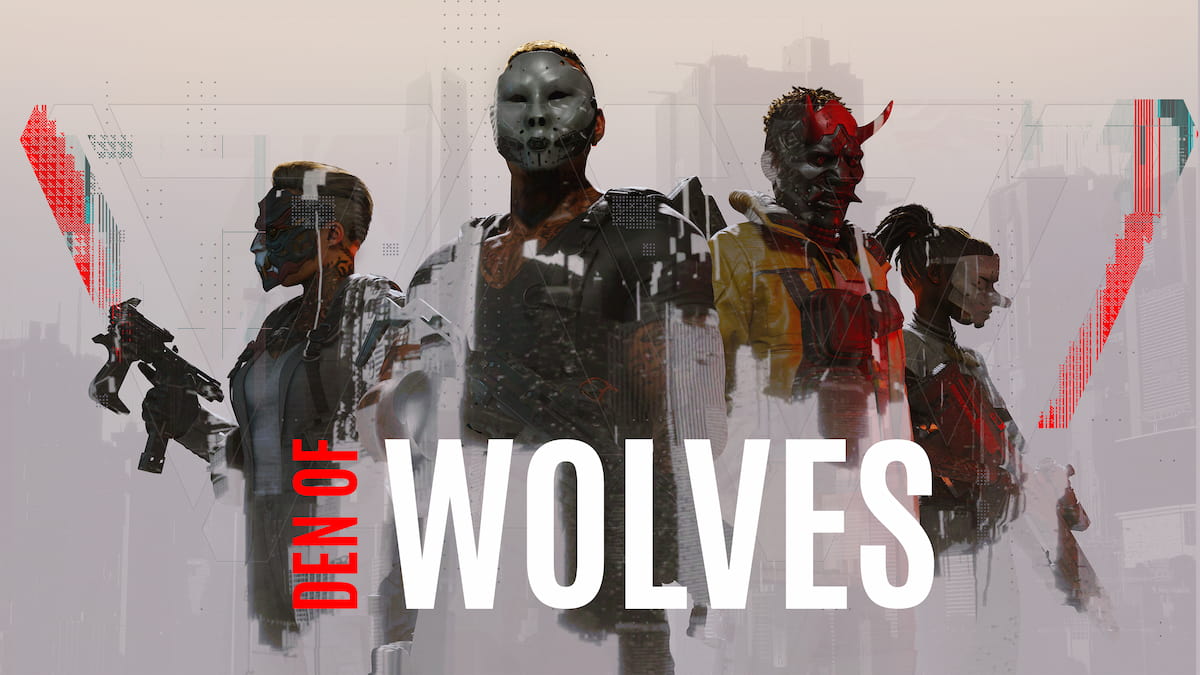
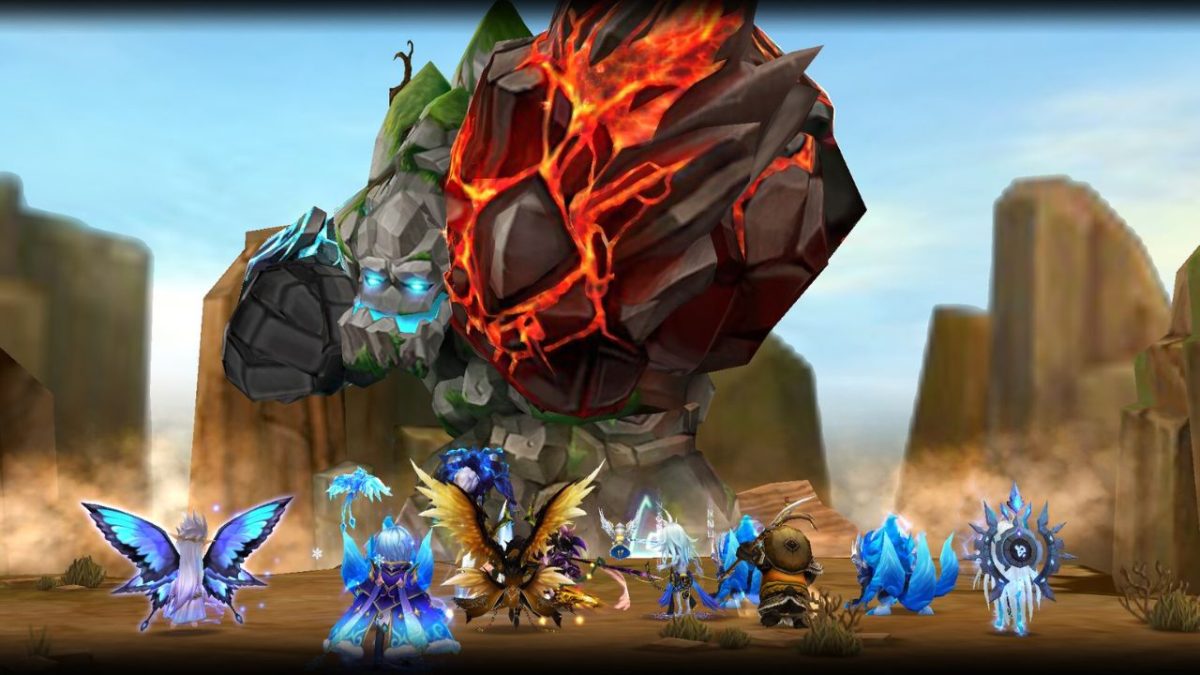


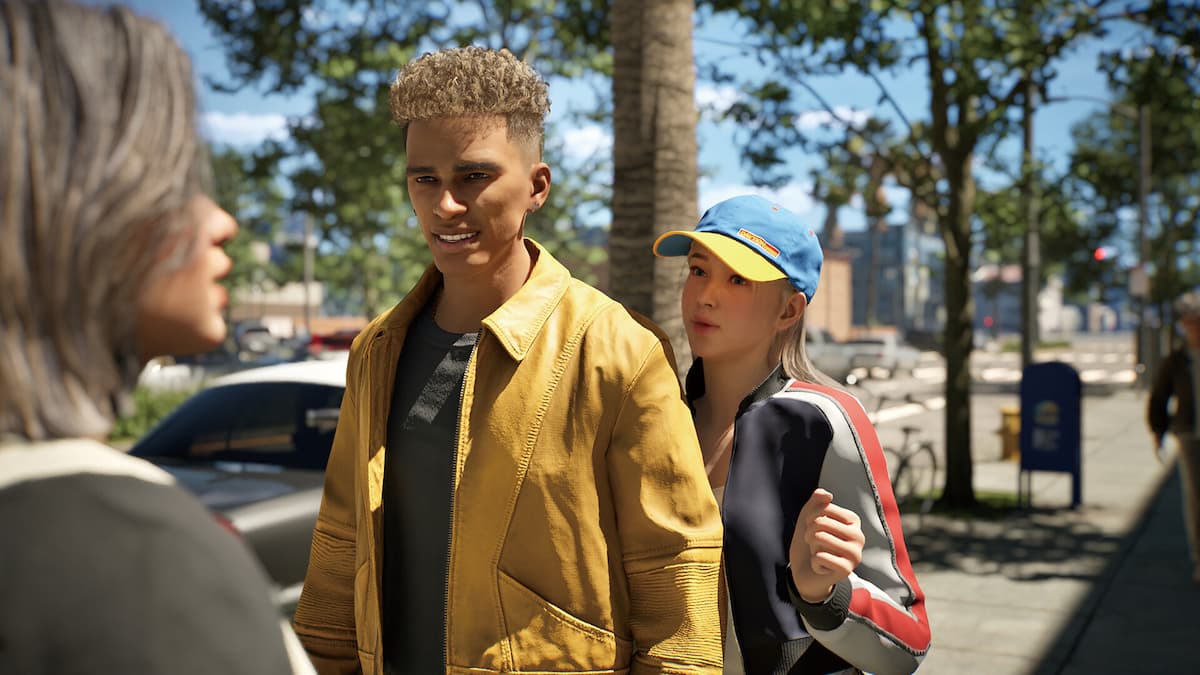

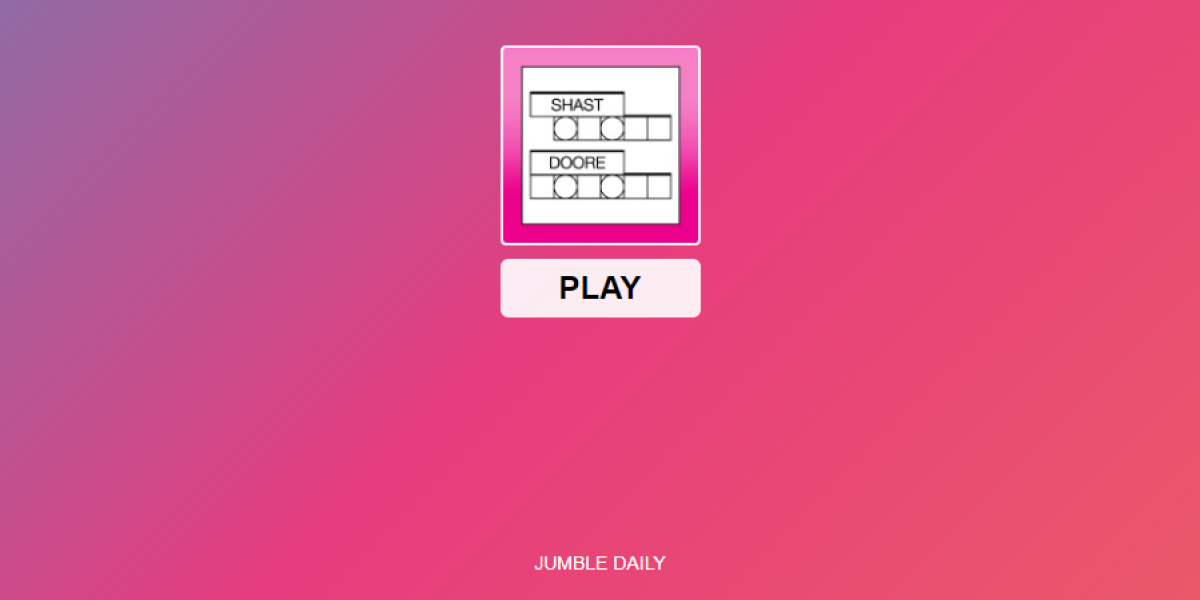
Published: Aug 23, 2024 04:49 pm